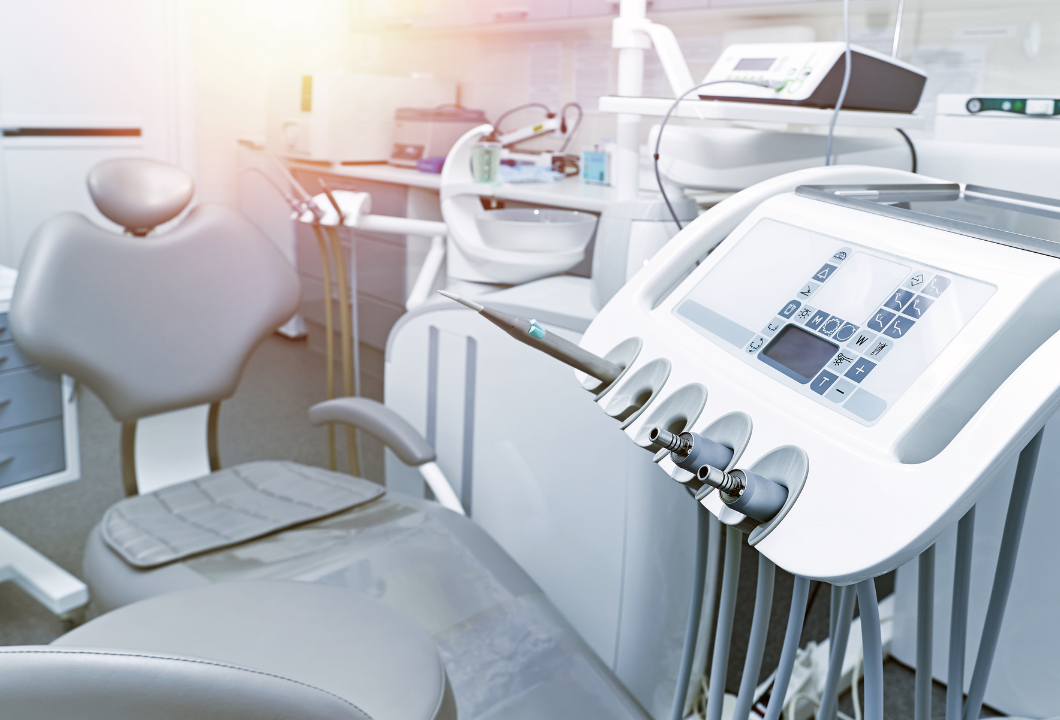
Solar-Powered Medical Devices for Sustainable Healthcare
In recent years, the intersection of technology and healthcare has birthed innovative solutions to address global health challenges. Among these advancements, solar-powered medical devices have emerged as a promising avenue, offering sustainable and cost-effective solutions to medical needs, especially in regions with limited access to reliable electricity. In this blog, we delve into the world of solar-powered medical devices, exploring their significance, applications, and potential to revolutionize healthcare delivery worldwide.
The Significance of Solar-Powered Medical Devices
Access to electricity remains a significant challenge in many parts of the world, particularly in rural and remote areas. This lack of infrastructure hampers the delivery of essential healthcare services, as medical facilities struggle to power life-saving equipment. Additionally, unreliable power sources in developing countries can lead to frequent disruptions in healthcare delivery, compromising patient care and outcomes.
Solar-powered medical devices offer a sustainable solution to this problem by harnessing the abundant energy of the sun. By converting sunlight into electricity, these devices can operate independently of traditional power grids, making healthcare more accessible in remote areas. Moreover, solar energy is renewable and environmentally friendly, aligning with global efforts to reduce carbon emissions and combat climate change.
Applications in Healthcare
Solar-powered medical devices find applications across various healthcare domains, ranging from diagnosis and treatment to patient monitoring and data management. Here are some examples of how these devices are making a difference:
- Solar-Powered Medical Equipment: Essential medical equipment such as portable ultrasound machines, defibrillators, and surgical lights can be powered by solar energy, enabling healthcare providers to perform critical procedures even in off-grid locations.
- Vaccine Refrigeration: Maintaining the cold chain is crucial for preserving the efficacy of vaccines. Solar-powered refrigeration units ensure that vaccines remain viable, particularly in areas where access to electricity is unreliable.
- Telemedicine and Connectivity: Solar-powered communication devices facilitate telemedicine consultations and remote monitoring of patients’ health parameters. These devices enable healthcare professionals to reach patients in remote areas and provide timely interventions.
- Water Purification Systems: Solar-powered water purification systems ensure access to clean drinking water in healthcare facilities, reducing the risk of waterborne diseases and improving overall community health.
- Health Information Systems: Solar-powered tablets and computers enable healthcare workers to access electronic health records, educational resources, and diagnostic tools, enhancing the efficiency and quality of healthcare delivery.
Advantages and Challenges
Advantages:
- Sustainability: Solar-powered medical devices reduce reliance on fossil fuels and contribute to environmental sustainability.
- Cost-Effectiveness: Over time, solar-powered solutions can be more cost-effective than traditional energy sources, especially in regions with high sunlight exposure.
- Increased Accessibility: By eliminating the need for grid connectivity, these devices extend healthcare services to underserved populations.
Challenges:
- Initial Investment: The upfront cost of implementing solar-powered infrastructure can be prohibitive for resource-constrained healthcare facilities.
- Maintenance: Proper maintenance and servicing of solar panels and equipment are essential for ensuring optimal performance and longevity.
- Technical Expertise: Adequate training and technical support are necessary to operate and troubleshoot solar-powered devices effectively.
Future Directions
As technology continues to advance, the potential of solar-powered medical devices in healthcare remains vast. Future developments may include improvements in energy storage technologies, increased efficiency of solar panels, and the integration of artificial intelligence for real-time data analysis and decision support.
Furthermore, initiatives to promote the adoption of solar-powered healthcare solutions, such as public-private partnerships and government incentives, can accelerate their deployment and uptake, particularly in low-resource settings.
Solar-powered medical devices represent a convergence of innovation and sustainability, offering a ray of hope for improving healthcare access and outcomes worldwide. By harnessing the power of the sun, these devices have the potential to transform healthcare delivery, especially in remote and resource-limited settings. As we strive towards a healthier and more equitable world, investing in solar-powered healthcare solutions can illuminate the path forward.
Read More Blogs...
Solar Energy and Sustainable Livelihoods
Solar Energy and Sustainable Livelihoods In an era marked by...
Read MoreEmbracing Solar Energy for Climate Resilience: Adapting to Changing Conditions
Embracing Solar Energy for Climate Resilience: Adapting to Changing Conditions...
Read MoreSolar Energy and Humanitarian Aid: Bringing Light to Those in Need
Solar Energy and Humanitarian Aid: Bringing Light to Those in...
Read MoreSolar Energy and Energy Security: Reducing Dependence on Fossil Fuels
Solar Energy and Energy Security: Reducing Dependence on Fossil Fuels...
Read More




